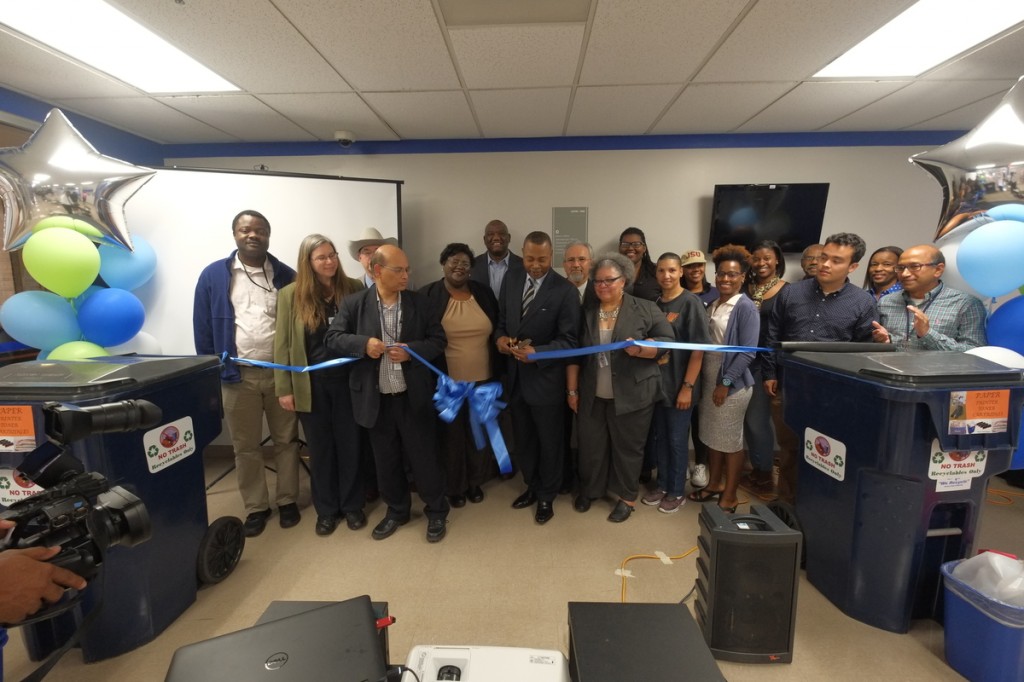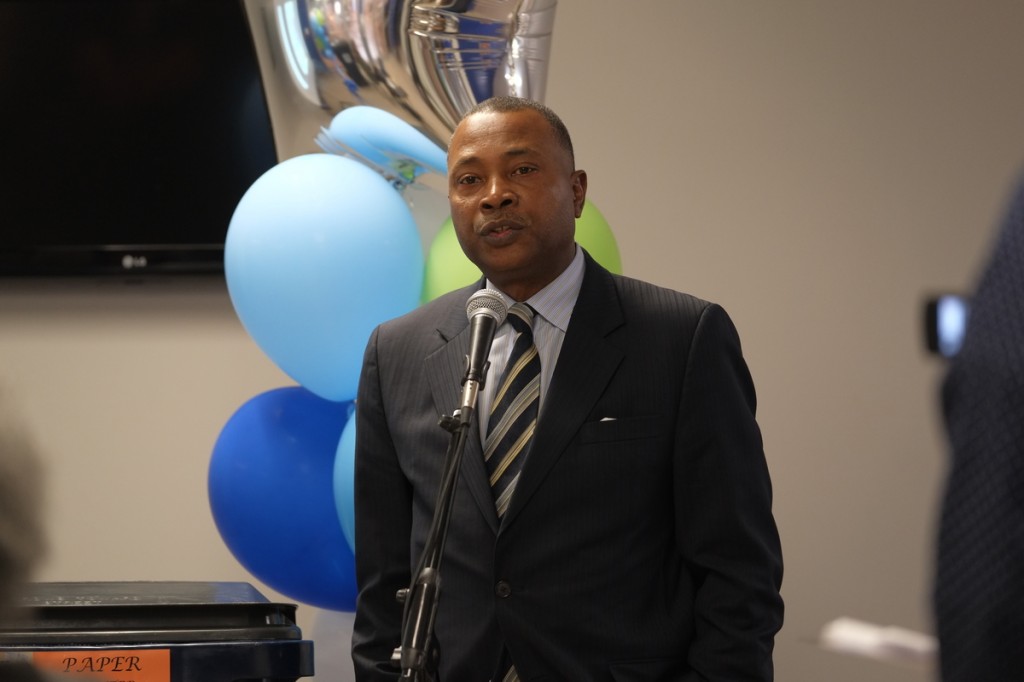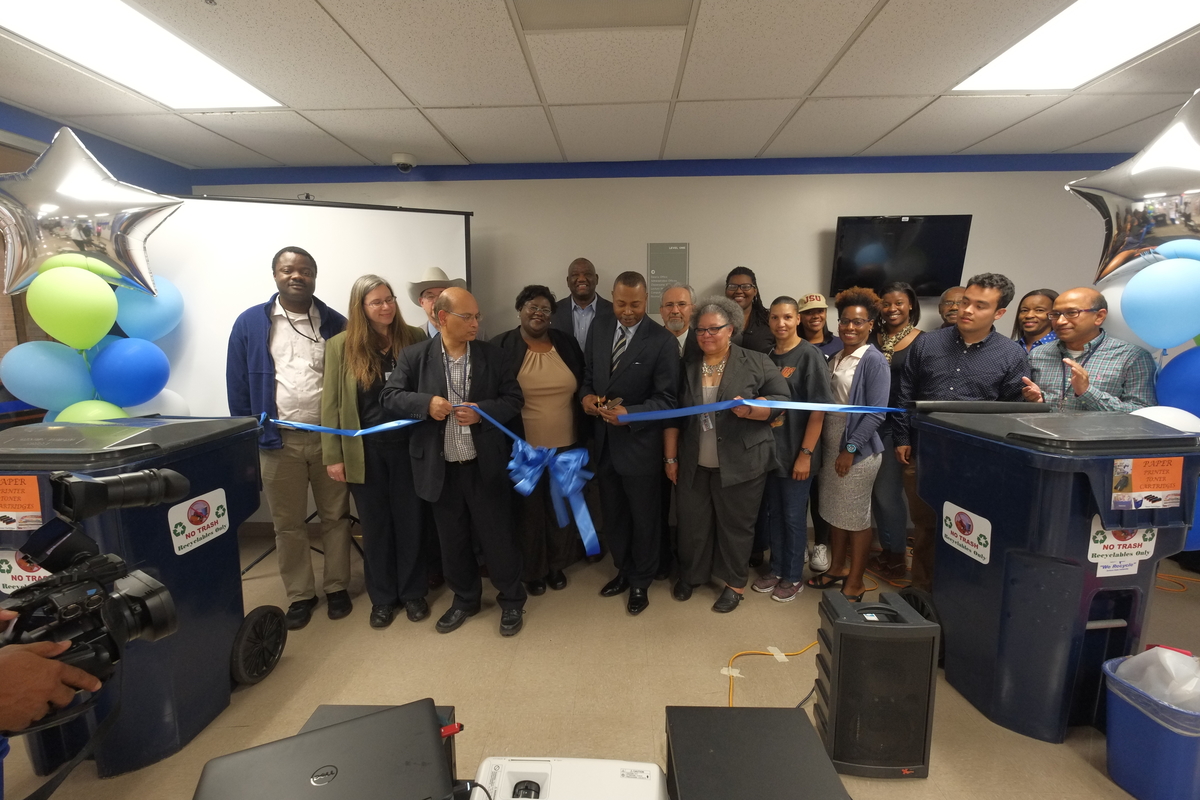
![]() Jackson State University’s College of Public Service, along with its partners, launched a recycling initiative recently at the Jackson Medical Mall.
Jackson State University’s College of Public Service, along with its partners, launched a recycling initiative recently at the Jackson Medical Mall.
The university’s five-campus recycling effort will assist in meeting the Mississippi Department of Environmental Quality’s mandate for institutions of higher learning to set up recycling at all college and university campuses. The program aims to divert solid waste from landfills, reduce global warming and mitigate climate change.
Recycling will allow students, staff and faculty to stockpile items that can be processed later into reusable goods such as paper products, cardboard, plastic and metal containers.
The Jackson Medical Mall Foundation and its custodial staff are coordinating the effort, which is spearheaded by Dr. Ricardo Brown, dean of the College of Public Service.
Repurpose goods
Brown said, “The College of Public Service and Jackson State University have an opportunity to take a leadership role in advancing and promoting urban sustainability on our campus, in the city of Jackson and our region. In what we consider trash, or our waste, there are a number of items that are harmful to our environment and our health that can be reclaimed or repurposed for good use.”
Furthermore, said Brown, “Nationwide, very often landfills are located in close proximity to low-income and impoverished communities. We are launching this program in partnership with the Jackson Medical Mall and the Allen Recycling Company as a first step in what we hope will lead to a larger coordinated effort to promote a healthier and more livable community.”
Faculty and staff of the JSU Medical Mall Campus will be supplied with 7-gallon recycling bins to store their recyclables.
Providing bins
Larger recycling bins for up to 90 gallons will be strategically placed in hallways for employees to deposit their items, which will be transported to Allen Recycling – a material recovery facility in Canton. The facility will process and bale collectibles before selling materials to manufacturers. These include the following:
- egg cartons
- newspapers
- office paper
- new plastic lumber
- metal cans
- soda and soup cans
- milk bottles
- toner cartridges
- other recycled materials
Other partners involved in the recycling program at the JSU Medical Mall Campus include Dr. Mohammad Shahbazi, interim dean of the School of Public Health (Initiative); and Dr. Moe Chowdhury, visiting assistant professor for JSU’s Urban and Regional Planning Program.
Previously, Chowdhury served as an executive director for a solid waste district in Northeast Ohio, where he set up numerous recycling programs.








